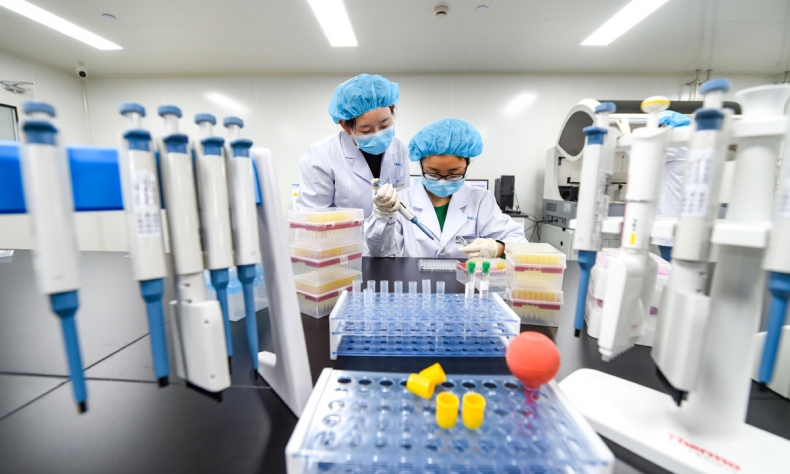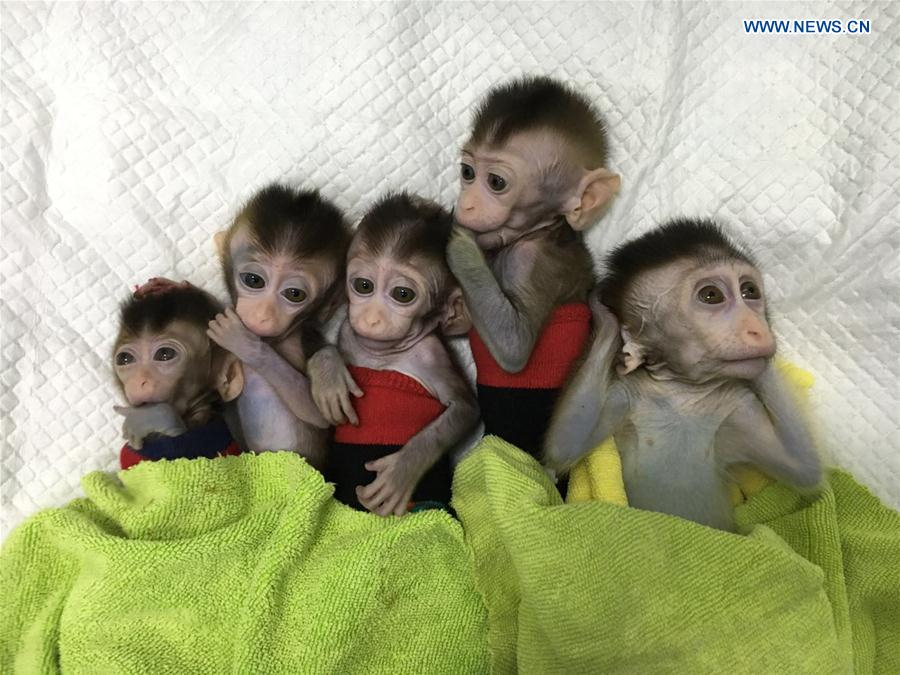Science and Morals

The standardization of science ethics is two-pronged. Science and technology progress must be achieved within society’s moral boundaries.
The Chinese Government released a document fortifying science and technology ethics on March 20. The guideline intends to standardize professional codes of ethics in science and increase the sense of social responsibility against the backdrop of China’s rapid development in the field today. The consolidated code is considered a preemptive strike on scientific experiments that might violate society’s moral standards.
Sci-tech ethics are defined as codes of conduct that must be obeyed throughout the process of scientific innovation that touches on the relationship between mankind and nature, mankind and society and human beings themselves. Sci-tech progress can easily become a double-edged sword. Take the concepts of human cloning and designer babies, for example; both ignited worldwide debate and raised many social slash moral objections. Moral boundaries must be set and strict regulations must be in place to guarantee an ethical consensus.
The document forbids any individual or organization to engage in actions that will jeopardize human society, dignity or life. It demands all participants have the rights to know and to choose and further bans the funding of scientific activities in violation of sci-tech ethical codes.
Science ethics and scientists’ sense of social responsibility can wield great impact on the fate of mankind. Nowadays, modern science and technology are capable of many things, yet not all of these fall within the moral boundaries. Scientific progress is expected to promote social progress, not cause harm to society.
The United States, Japan and Germany have all seen their fair share of collisions with scientific ethics, and even China saw this happen on November 26, 2018. On that very day, Professor He Jiankui from the Southern University of Science and Technology announced the birth of the world’s first gene-edited human babies. Moreover, he claimed that by removing a specific gene from the embryos using the CRISPR-Cas9 technique, the twin girls would have a natural immunity to HIV. His news both stunned and shocked the medical community. Moreover, his application of the gene-editing technique to human embryos constituted a serious violation of academic ethics and, in 2019, He was sentenced to three years in prison.

Incidents occur in an environment where the relevant laws and regulations struggle to cope. The birth of the twin girls reminded the Chinese Government of the existing loopholes in the country’s science ethics governance system and the fact that not all scientists stick to a moral code. This led to the establishment of the National Science and Technology Ethics Committee, with more regulations on science ethics underway.
The standardization of science ethics is two-pronged. Science and technology progress must be achieved within society’s moral boundaries. During World War II, the German Nazis and the Japanese army used living persons (prisoners of war and civilians alike) for their experiments, committing brutal crimes against humanity through their savage practices. Any scientific data and results achieved in this manner are unacceptable to society.
The application of science and technology must follow society’s larger moral compass. The editing of human genomes, artificial life, assisted reproduction, and so on, are all new fields in science and technology research. Intensified governance in science ethics is the order of the day.
The document demands sci-tech ethical codes cover the overarching process of science and technology research and application. Studies related to human beings and experiments on animals must first be reported to the committee for further assessment.
A growing number of science professionals in China today tread uncharted waters, making it necessary to anticipate the potential ethical risks sci-tech innovation might bring about. Scientific exploration may appear infinite, but encouraging innovation does not equal a violation of ethics. Drawing the moral boundaries in turn draws a safety line for human development.
The editing of human genomes, artificial life, assisted reproduction, and so on, are all new fields in science and technology research.
 Facebook
Facebook
 Twitter
Twitter
 Linkedin
Linkedin
 Google +
Google +










